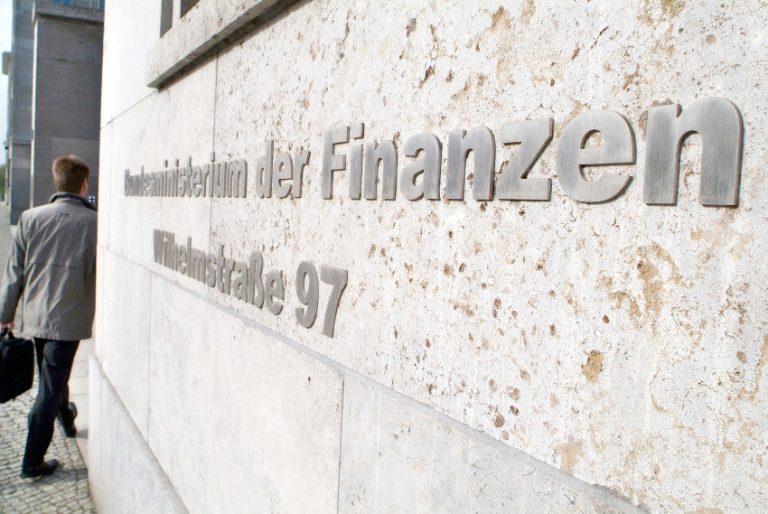
Travel restrictions – Amended rules for cross-border employment
On 7 May 2020 the German Ministry of Finance (BMF) published a mutual agreement negotiated with Belgium regarding the taxation of cross-border employees. This complements the mutual agreements already reached with Luxembourg, the Netherlands and Austria.
The agreements effective only temporarily are intended to avoid tax disadvantages that may arise from a change in the right of taxation between the respective countries due to measures to combat the COVID-19 pandemic. This could occur, for example, if employees carry out their work from their home Office – contrarily to the approach followed before the pandemic – and thus fall short of the so-called “183-day period” stipulated in the double tax treaty (DTT) between Germany and Belgium.
The provisions in the individual DTTs and the above-mentioned mutual agreements differ in detail. The individual case is therefore decisive. In each case, however, appropriate documentation by the employer on the reasons for home office is required. In addition, the new provisions are also relevant in the consideration of wage tax (see also BMF circular dated 3 May 2018)
OECD – Overview regarding tax measures of OECD countries
Furthermore, we would like to draw your attention to the comprehensive OECD overview (“Tax Policy measures”) from the OECD Tax Database, which provides an overview of COVID-19 tax measures given in over 100 countries.
Labour Law
Companies are restarting (normal) operations after the first easing in the COVID-19 pandemic. Many of the occupational health and safety measures implemented to protect employees or for prevention purposes, as well as the implementation of short-time work, are subject to the co-determination provisions of Section 87 Works Constitution Act. The right of co-determination stipulates that the measures intended by the employer can be implemented only if the works council has given its consent. Below you will find some references to first court decisions.
The Labor Court Neumünster (4 BVGa 3a/20) has decided in interim proceedings at the request of a works council that the restart of work requires a consent of the works council regarding new work schedules (Section 87 para. 1 no. 2 Works Constitution Act), the implementation of short-time work (Section 87 para. 1 no. 3 Works Constitution Act), the execution of a risk evaluation (Section 87 para. 1 no. 7 Works Constitution Act) and the occupational health and safety measures to be taken (Section 87 para. 1 no. 7 Works Constitution Act). The operations were shut down again and the employer has to find an agreement with the works council.
The Labour Court Berlin (46 AR 50030/20) and the Labour Court Stuttgart (3 BVGa 7/20) had also decided that orders of the employer which are implemented in violation of the works council’s rights in occupational health and safety can be stopped.
The Labor Court Wesel (2 BVGa 4/20) has decided in interim proceedings that the employer must observe the works council’s rights of co-determination pursuant to Section 87 para. 1 no. 6 and 7 Works Constitution Act, if video recordings are made to monitor compliance with the safety distances recommended in connection with the COVID-19 pandemic.
Read more about the tax implications of the Corona crisis:
BMF specifies German tax reliefs during the Corona crisis
Law and taxes in times of Corona – The COVID-19 aid package at a glance
An overview of all articles concerning COVID-19 can be found here